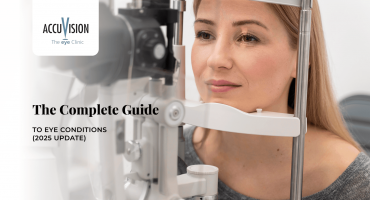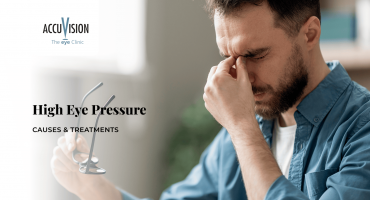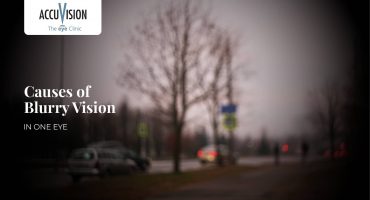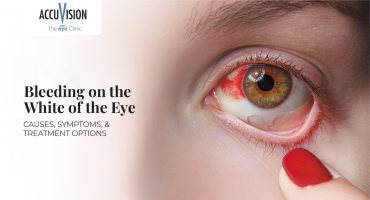- Why UV Protection Matters for the Eyes
- Common Misconceptions About Sunglasses
- How Sunglasses Protect Eye Health
- Choosing the Best Sunglasses for UV Protection
- Who Should Priorities Sunglasses?
- Conclusion
- FAQs:
- References
UV Protection for Eyes: Why Sunglasses Matter?
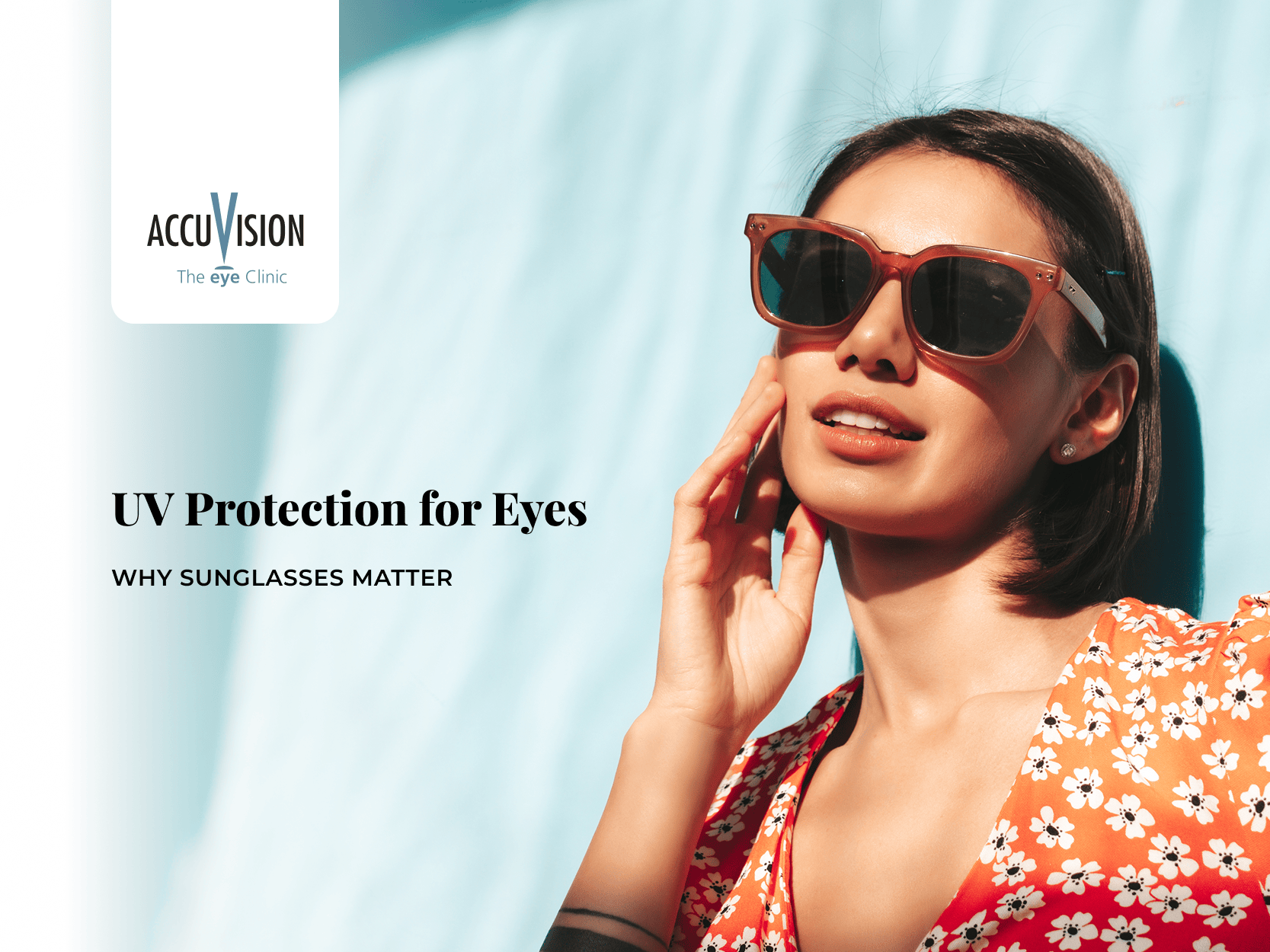
We’re diligent about applying sunscreen before a day outdoors, carefully protecting our skin from harmful rays. Yet, how often do we consider safeguarding our eyes with the same level of care? While the immediate effects of sun exposure on skin are visible and well understood, the impact of ultraviolet (UV) radiation on eye health often goes unnoticed until it’s too late. Over time, being exposed without protection can cause serious conditions that threaten your vision and could have been avoided. Choosing the right sunglasses to protect your eyes from UV rays is an important health decision.
that will keep your vision safe. Good sunglasses are an important part of complete eye care because they protect your eyes from the harmful effects of UV radiation, which are not visible but can cause crucial damage.
If you notice any changes in your vision or eye appearance, it’s essential to seek medical advice from a licensed healthcare professional. This article provides general information to help you understand possible causes and treatments.
Why UV Protection Matters for the Eyes
Ultraviolet radiation exists in two primary forms that reach our eyes: UVA and UVB rays. Both types pose significant risks when eyes remain unprotected over time.
- UVA rays penetrate deeply into the eye, potentially reaching the retina and contributing to long-term damage.
- UVB rays, while largely absorbed by the cornea and lens, can cause more immediate harm to the front structures of the eye.
The delicate tissues of the eye are particularly vulnerable to UV damage. Studies show that prolonged exposure to UV light fastens the growth of cataracts, which make the eye’s natural lens cloudy and make it harder to see. In the short term, intense UV exposure can trigger photokeratitis, essentially a sunburn of the eye, causing pain, redness, and temporary vision problems.
The good news is that most of these risks can be avoided. Proper UV protection eyes receive through quality sunglasses significantly reduces the likelihood of developing these conditions. Unlike some eye diseases with complex causes, UV-related damage is straightforward to prevent with consistent, appropriate eye protection.
Common Misconceptions About Sunglasses
Several widespread misunderstandings prevent people from protecting their eyes effectively:
- Dark lenses equal UV protection: Lens darkness and UV filtration are entirely separate features. Dark lenses without proper UV coating can prove more harmful than wearing no sunglasses at all. When you wear dark lenses, your pupils naturally dilate to allow more light in. If those lenses lack UV protection, this dilation permits even more harmful radiation to enter your eye.
- Cheap sunglasses offer inadequate protection: Inexpensive sunglasses purchased from non-specialist retailers often provide tint without essential UV filtration. The price point alone doesn’t guarantee quality, but very cheap sunglasses rarely undergo the testing and manufacturing standards necessary to block UV rays effectively.
- UV damage only occurs on sunny days: UV exposure is cumulative, building up over a lifetime of outdoor activity. Even on overcast days, a significant amount of UV rays can penetrate cloud cover. The damage accumulates gradually, making consistent year-round protection essential rather than seasonal.
- Any sunglasses are better than none: Unverified sunglasses without proper UV blocking can increase damage. Always verify that sunglasses carry appropriate UV protection certification rather than assuming tinted lenses provide adequate defense
How Sunglasses Protect Eye Health
Quality sunglasses work by absorbing or blocking UVA and UVB radiation before it reaches the eye’s sensitive structures. Lenses treated with UV-protective coatings or manufactured from materials that inherently filter UV rays create a barrier that prevents these harmful wavelengths from penetrating while allowing visible light through for clear vision.
It’s worth clarifying the difference between polarized lenses and UV-protective lenses. Polarization reduces glare from reflective surfaces such as water, snow, or car bonnets by filtering horizontally orientated light waves. This feature enhances visual comfort and clarity but doesn’t inherently provide UV protection. UV filtration and polarization are separate technologies. Ideally, sunglasses should offer both, but UV protection remains the critical health factor.
Properly specified sunglasses deliver multiple protective benefits:
- Shield the cornea and lens from harmful rays, preventing both acute injuries like photokeratitis and chronic conditions including cataracts
- Reduce the risk of cataract development by limiting cumulative UV exposure to the eye’s natural lens.
- Protect the delicate skin around the eyes, an area particularly prone to premature ageing and where skin cancers can develop.
- Prevent short-term damage such as painful photokeratitis that typically occurs after extended exposure to intense UV reflection
Beyond blocking UV rays, sunglasses reduce eye strain by minimizing squinting in bright conditions, contributing to overall visual comfort.
Choosing the Best Sunglasses for UV Protection
Selecting appropriate eyewear needn’t be complicated if you understand what to look for. The most critical specification is straightforward: seek sunglasses labelled as providing 100% UV protection or UV400. The UV400 designation indicates the lenses block all light rays with wavelengths up to 400 nanometers, which encompasses all UVA and UVB radiation.
Frame style matters more than many people realize. Oversized or wrap-around frames provide superior protection by blocking UV rays from entering around the sides and top of the lenses. Peripheral UV exposure can still cause damage, so comprehensive coverage is ideal.
Lens material also plays a role in both protection and durability. Polycarbonate lenses naturally block UV rays and offer excellent impact resistance, making them particularly suitable for active lifestyles and children. Glass lenses can be treated for UV protection and provide exceptional optical clarity, though they’re heavier and more prone to shattering.
Regarding lens color, it’s important to understand that tint shade doesn’t determine UV protection. This comes from the coating or material composition. Grey lenses reduce overall brightness while maintaining true color perception. Brown and amber tints enhance contrast, which some people find beneficial for driving or sports. Choose color based on comfort and visual preference, but ensure UV protection is verified regardless of tint.
Checklist for Buying the Best Sunglasses for UV Protection
- Verify 100% UV protection or UV400 label
- Choose frames that provide good coverage; consider wrap-around or oversized styles.
- Check for quality construction and optical clarity
- Consider polarization for glare reduction if relevant to your activities.
- Ensure a comfortable, secure fit that stays in place during movement
- Purchase from reputable opticians or certified retailers who can verify specifications
- For prescription wearers, ensure your corrective lenses include UV coating
Who Should Priorities Sunglasses?
While everyone benefits from UV protection, certain groups face elevated risks.
- Children’s eyes are especially vulnerable, as their natural lenses are clearer and allow more UV to reach the retina. Establishing the habit of wearing sunglasses from a young age provides both immediate protection and sets lifelong patterns of eye care.
- Individuals who spend extensive time outdoors for work, including construction workers, gardeners, and outdoor sports professionals, accumulate significantly higher UV exposure. For these individuals, consistent protection is essential for preserving long-term vision.
- Drivers benefit substantially from UV-protective sunglasses, not only for eye health but also for safety. Reducing glare improves visual clarity and reaction times, while protecting eyes from sustained UV exposure through windscreens.
- Contact lens wearers sometimes assume their lenses provide UV protection. While some contact lenses do offer UV filtration, they only cover the cornea and lens, leaving surrounding tissues exposed. Sunglasses remain necessary for comprehensive protection.
Conclusion
Sunglasses represent far more than a fashion accessory or seasonal indulgence. They’re a health necessity that protects against serious, preventable eye conditions. The evidence is unequivocal: UV exposure contributes to cataracts, macular degeneration, and other sight-threatening conditions that diminish quality of life. Quality sunglasses provide a simple, effective defence against these risks while offering immediate comfort and protecting the delicate skin surrounding your eyes.
The investment in proper UV protection pays dividends throughout your lifetime, preserving not just your vision but also your independence and ability to engage fully with the world around you. We’ve collectively accepted that stepping outdoors without sunscreen is inadvisable. Shouldn’t our eyes deserve the same level of protection? By choosing sunglasses with verified UV400 protection and wearing them consistently, you’re making a straightforward decision that deeply impacts your long-term visual health.
This article is reviewed by the team at AccuVision UK, a leading eye care provider with over 23 years of experience in laser eye surgery and specialist ophthalmic care. With clinics in London, the Midlands, and Yorkshire, AccuVision’s expert team of ophthalmologists and optometrists ensures that every article is medically accurate, reviewed for reliability, and aligned with best practices in eye health.
FAQs:
1. Do all sunglasses protect my eyes from UV rays?
Not all sunglasses provide adequate protection. Look for labels indicating 100% UV protection or UV400 to ensure harmful UVA and UVB rays are blocked.
2. What makes sunglasses important for eye health?
Sunglasses for eye health protect delicate eye tissues, reduce the risk of cataracts and photokeratitis, and prevent long-term UV-related damage.
3. Can dark lenses alone protect my eyes from UV damage?
No. Lens darkness does not guarantee protection. Dark lenses without proper UV filtration can let harmful rays in, potentially causing more damage.
4. How do I choose the best sunglasses for UV protection?
Select glasses with UV400 protection, wide or wrap-around frames for full coverage, and consider polarisation for glare reduction while ensuring proper fit and optical clarity.
5. Are children more at risk from UV exposure to their eyes?
Yes. Children’s eyes are more vulnerable because their lenses are clearer, allowing more UV to reach the retina. Early use of UV-protective sunglasses is recommended.
References
Delavar, A., 2018. Ultraviolet radiation and incidence of cataracts in a large, nationwide US study. PMC, [online] Available at: https://pmc.ncbi.nlm.nih.gov/articles/PMC10655928/ [Accessed 4 October 2025].



